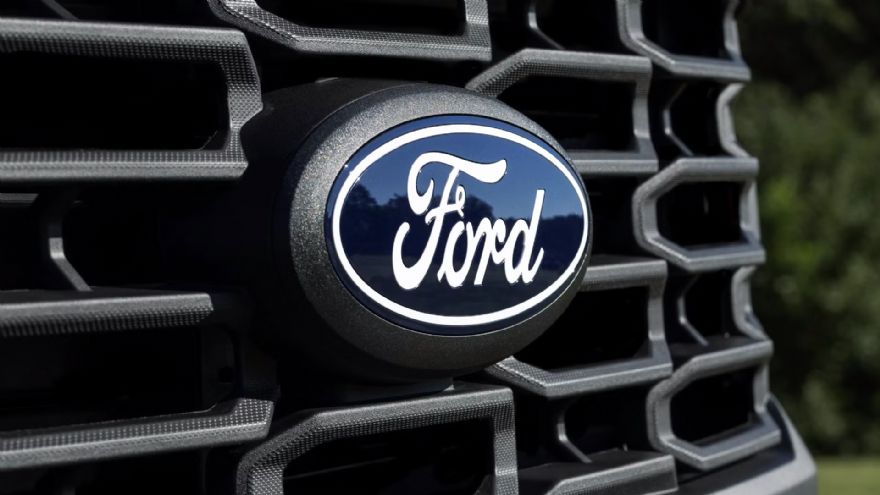
Speaking from Germany,
www.ford.co.uk Ford Motor Company recently announced restructuring plans aimed at creating a more cost-competitive structure that would ensure the long-term sustainability and growth of its business in Europe. Of particular concern is the health of Ford’s passenger vehicle business in Europe, where the company has incurred significant losses in recent years, and where the industry shift to electrified vehicles and new competition has been ‘highly disruptive’.
Ford said it is planning to further reduce its European workforce by 4,000 positions by the end of 2027, pending consultations with its European social partners. Dave Johnston, Ford’s European vice president for transformation and partnerships, said: “The planned job cuts will primarily impact operations in Germany but also the UK, with minimal reductions in other European markets. In addition, due to the weak economic situation and lower-than-expected demand for electric cars, we are further adjusting the production programme for the new Explorer and Capri. This will result in additional short-time working days at our Cologne plant in the first quarter of 2025.
“Ford has been in Europe for more than 100 years. We are proud of our new product portfolio for Europe and committed to building a thriving business in Europe for generations to come. However, it is critical to take difficult but decisive action to ensure Ford’s future competitiveness in Europe.”
He continued, saying that the global auto industry continues to be in a period of significant disruption as it shifts to electrified mobility. “The transformation is particularly intense in Europe where automakers face significant competitive and economic headwinds while also tackling a misalignment between CO
2 regulations and consumer demand for electrified vehicles.”
Ford recently issued an urgent call to action for industry, policymakers, trade unions, and social partners in Europe to work together for a successful industry transformation. In a letter to the German government, John Lawler, vice chairman and chief financial officer of Ford Motor Company, reiterated Ford’s commitment to Europe and to the 2035 emission targets but stressed the need for a joint commitment by all stakeholders to improving market conditions and ensuring the industry’s future success.
He said: “What we lack in Europe and Germany is an unmistakable, clear policy agenda to advance e-mobility, such as public investments in charging infrastructure, meaningful incentives to help consumers make the shift to electrified vehicles, improving cost competitiveness for manufacturers, and greater flexibility in meeting CO2 compliance targets.”